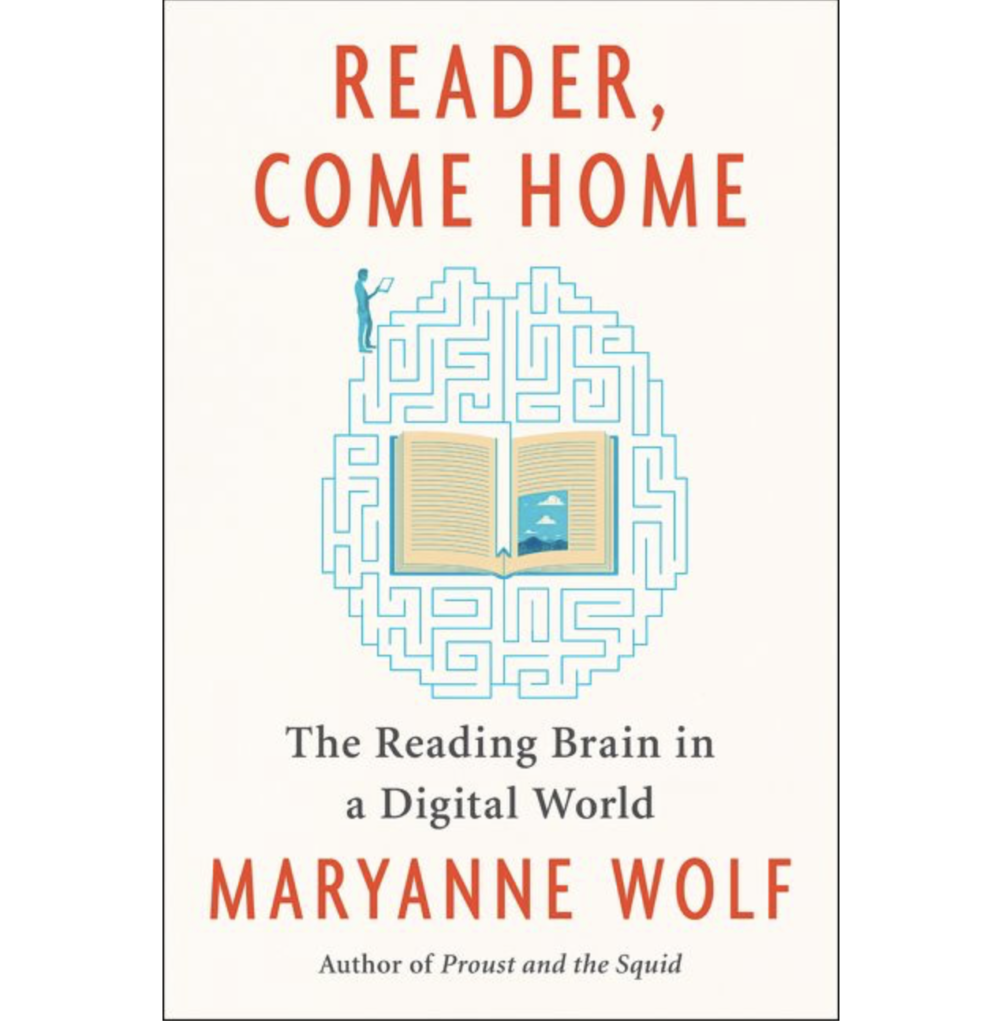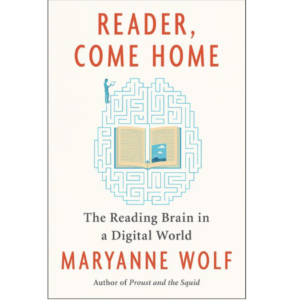Some research-based suggestions for teaching require a lot of complex changes. (If you want to develop an interleaved syllabus, you’re going to need some time.)
Others couldn’t be simpler to adopt.
Here’s a suggestion from researchers Down Under: encourage your students to adopt “personal best goals.”
The Research
In a straightforward study, Andrew Martin and Australian colleagues asked 10- to 12-year-olds to solve a set of math problems. After each student worked for one minute, she learned how well she had done on that group of problems.
Students then worked that same set of problems again. Martin measured their improvement from the first to the second attempt.
Here’s the key point: after half of the students heard their score, they got these additional instructions:
“That is your Personal Best score. Now we’re going to do these question again, and I would like you to set a goal where you aim to do better on these questions than you did before.”
The other half of the students simply heard their score and were told to try the problems again.
Sure enough, this simple “personal best” prompt led to greater improvement than in the control group.
To be clear: the difference was statistically significant, but relatively small. The Cohen’s d was 0.08 — lower than typically gets my attention.
However, as the researchers point out, perhaps the structure of the study kept that value low. Given the process — students worked the same problem sets twice — the obvious thing for students to do is strive to improve performance on the second iteration.
In other words: some students might have been striving for “personal bests” even when they weren’t explicitly instructed to do so.
In my own view, a small Cohen’s d matters a lot if the research advice is difficult to accomplish. So, if interleaving leads to only a small bump in learning, it might not be worth it. As noted above, interleaving takes a lot of planning time.
In this case, the additional instruction to “strive for your personal best” has essentially no cost at all.
Classroom Implications
Martin’s study is the first I know of that directly studies this technique.
(Earlier work, well summarized by Martin, looks at self-reports by students who set personal best goals. That research is encouraging — but self-reports aren’t as persuasive as Martin’s design.)
For that reason, we should be careful and use our best judgement as we try out this idea.
For example:
I suspect this technique works when used occasionally, not constantly.
In this study, the technique was used for the very short term: the personal best goals applied to the very next minute.
One intriguing suggestion that Martin makes: teachers could encourage personal best goals for the process not the result. That is: the goal could be “ask for help before giving up” rather than “score higher than last time.”
One final point stands out in this research. If you’re up to date on your Mindset research, you know the crucial difference between “performance goals” and “learning goals.”
Students with “performance goals” strive, among other things, to beat their peers. Of course, “personal best goals” focus not on beating peers but on beating oneself. They are, in other words, “learning goals.”
And, we’ve got LOTS of research showing that learning goals result in lots more learning.




















